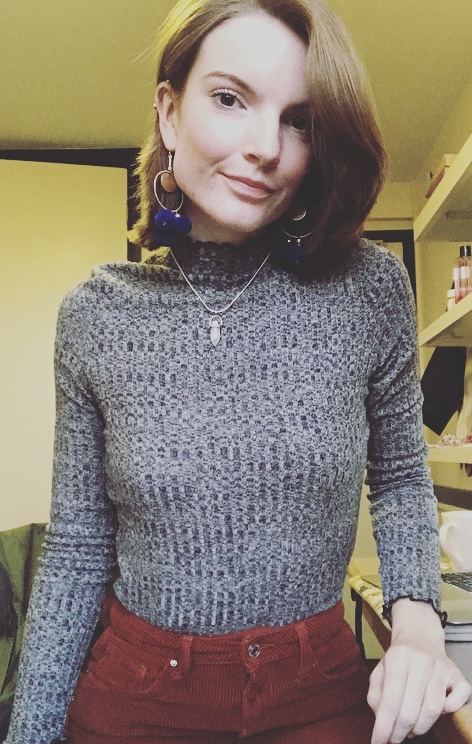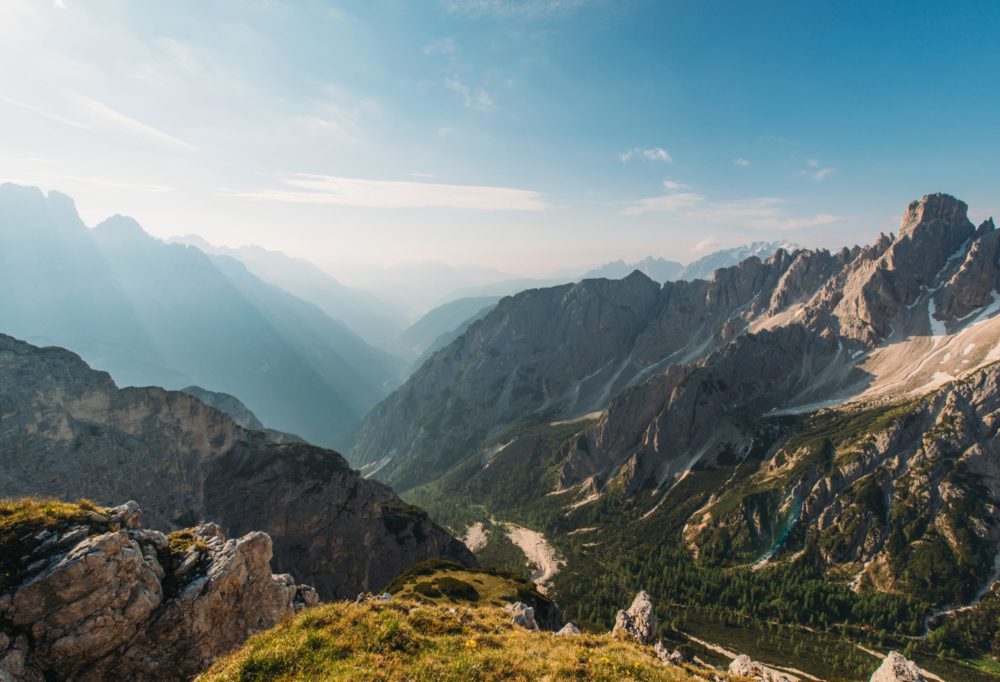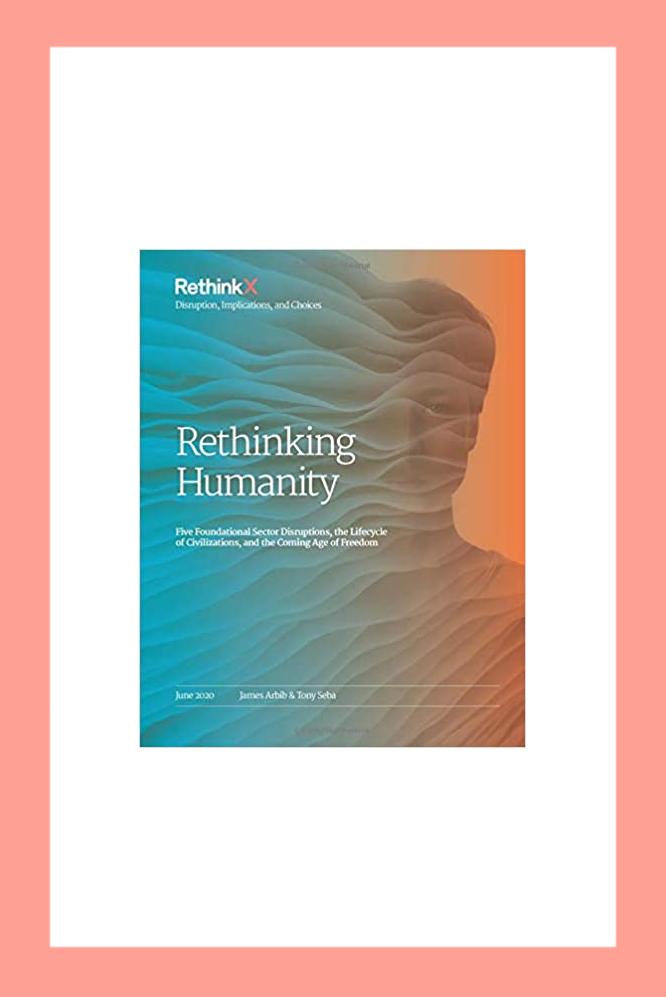ClientEarth v. Climate Change
Earth, meet your lawyer: James Thornton.
ClientEarth, meet your lawyer: James Thornton.
Whether you’re the government of a European world power or one of the largest oil companies in the world, you’re no match for one of the climate’s biggest legal advocates. As CEO of the global nonprofit, ClientEarth, James Thornton has challenged greenwashing, overfishing, and coal mining amongst many other offenses. As a result, his legal work extends as far as the Amazon, as well as the Congo and Southeast Asia.
While ClientEarth is already an international coalition with offices in London, Brussels, Beijing and beyond, James himself is quite the international man of mystery. In addition to being both an Irish and American citizen, James is the Member of the Advisory Committee of the International Coalition for Green Development on China’s Belt and Road Initiative. Further, you may also find him lecturing about law at the University of Bristol or Lady Margaret Hall in Oxford. As if that were not enough, Thorton is also a Zen Buddhist priest in the Soto tradition.
A man of the world but not worldly in the materialistic sense, James Thornton embodies many of the attributes that BWB stands for. Read below to learn about James’s climate work as well as his own wellness journey.

Credit: Dan Wilton
YOUR WORK
What has been one of your biggest challenges in defending the earth in court?
At first, it was simply convincing people that law was the right tool to protect the planet. When I launched ClientEarth thirteen years ago, there were very, very few green public interest lawyers in Europe. Our first case was to establish our right to even bring a case. We have since won that battle, wrenching open the door for charities and individuals to go to court to protect the environment. It’s a long fight, and far from over, but rising numbers of environmental cases and eco not-for-profit lawyers show that people now understand the huge potential of law to protect our planet.
What has been your greatest success?
I think many people first heard of ClientEarth when we took the UK Government to court over air pollution, and won. Then we exported our successful strategy to over the Channel, winning diesel bans in 10 German cities, passing dirty fuel bans in Poland, and heightening restrictions on air pollution, which is linked to the premature deaths of 400,000 people a year in Europe.
Possibly our most significant wins have been cleaning up dirty coal. We have either shut down or blocked 48 coal power plants around Europe, and now we are taking our expertise to Asia, which is home to two-thirds of the planet’s existing and planned coal power. So you can see that every case is carefully chosen for its ripple effect, meaning our successes are multiplied around the world.
What projects or changes would you like to take on next?
People of colour are disproportionately affected by climate change.
Human rights and climate change are a huge piece of the puzzle. People have the right to live their lives free from the threat of rising waters, of extreme weather or of their crops being destroyed. We are helping eight indigenous Australians sue their government over these very issues. I believe we will win, and when we do, it will have huge repercussions for governments and industry whose inaction on climate change is violating people’s human rights. Linked to this is the issue of climate change and race. People of colour are disproportionately affected by climate change, and the Black Lives Matter protests have been a huge wake up call that we can no longer ignore this injustice. This is something ClientEarth is taking very seriously; we know we need to do more and it is now a major focus too.
Second, 350 million people in Asia have no electricity, which condemns them to the worst kind of poverty. We want to help them get clean energy; we are opening an office in Singapore next Spring. Its goal will be to work with citizens groups all over Asia to get renewable energy built, and to move away from coal. There are about 1600 coal power plants with another 400 planned. This shift will not only improve their health significantly but also is the only way to reach the goals of the Paris Agreement.
THE PLANET
What are 3 simple steps everyone can take on a daily basis to save the planet?
The 100 most polluting companies are responsible for 71% of global emissions.
We all know we should turn off the lights when leaving a room and minimize our car’s mileage. But, this focus on individual actions exempts those who are really responsible: governments and polluting industry. The 100 most polluting companies are responsible for 71% of global emissions. That’s a staggering statistic.
As such, the most important step you or I can take is to write to our energy providers, our pensions fund, our bank, asking them what they are doing about the climate crisis. For example, contact your local representative and tell them you want stronger rules to hold companies accountable over their environmental record. The politicians and companies running the world have huge power to make change. We should absolutely be recycling and choosing renewable energy, but we must not let those who are in charge off the hook.
Any advice you would give to young people concerned about the planet and the future?
Lobby political figures, write to businesses, march, speak up, organize and above all, vote. Vote with your wallet, vote in political elections. You are the future, and you have huge power. Use it.
Any documentaries/podcasts/books you would recommend to better understand climate change?
I am a huge fan of Outrage and Optimism, the Podcast by Christiana Figueres.
Recently, I have been reading two great books that show a hopeful path to the future. The first is Rethininking Humanity: Five Foundational Sector Disruptions, by Tony Seba and James Arbib. It lays out a way to build an ecological civilization. Second, Rewilding: The Radical New Science of Ecological Recovery, by Paul Jepson. An ecologist shows a general theory and practical approach to restore ecosystems everywhere. These two together are guaranteed to change the way you see the future.
And of course, David Attenborough’s recent TV show, A Life On Our Planet. Devastating, compelling, but above all, hopeful. We still have time to save this planet, but we must act now.
YOUR LIFESTYLE
A little birdie told me you like birdwatching. Could you tell us more about this passion?
I adore birdwatching. I have always loved wildlife, loved being outside in nature. Birds have so much to teach us. They are resourceful, delightful, and seemingly fragile. Yet many of them migrate huge distances and survive in the most extreme conditions. They are beauty and strength and mystery, much like the Earth that supports them.
What is your meditation practice and how do you recommend beginners go about building their own routine?
My tools of choice are ancient Buddhist practices. They are tools based on an acute perception of how our minds work, and don’t contain any traces of ideology; they can be picked up and used by anyone. If you are an atheist or a practicing member of a faith, the tools will customise themselves to your use.
One of these tools is the simplest kind of meditation. As old as self-awareness, it brings you into the present moment in a mindful way. So it is often called mindfulness practice. In recent years it has been broadly taught in the West. You will easily find guides to it on the web and in e-books.
You understand that you are the landscape, not the storm.
Here it is: you sit straight, whether cross-legged or in a chair. You let your eyes close halfway. Then you focus on your breath. Counting one breath after another, until you come to ten. Then you start again, and repeat the cycle. Until you get the hang of using this tool, you will drift off into thoughts and lose count. No matter. Start again at one. Be gentle with yourself. Thoughts will arise. Don’t fight them, just let them go, and bring your focus back to the breath.
It’s that simple. If you do it for twenty minutes every day, you will gain an internal poise. In other words, you might find that you get some space around the anxiety. Over time, you come to see the anxiety as a cloud passing over your internal landscape. You understand that you are the landscape, not the storm.
Taking care of ourselves and starting with a healthy diet also has a positive impact on the planet. What are some of your own lifestyle habits?
I can’t claim to be an expert, but I try to live a low-impact lifestyle while keeping up with habits that make me contented and calm. You are no use to anyone otherwise.
I walk to work and get out into nature whenever I can. Working from home during lockdown, getting my walks in during the day has given me some of my richest times. I write poetry to understand nature and myself, and to stay sane. I play the violin and am mostly playing the Bach cello suites transcribed for violin. When I must travel for work, I offset my emissions and stay in touch with family and friends as much as possible. Meditation is with me wherever I go, and this helps keep me grounded and in touch with why we do what we do — to protect the planet and everyone who depends on it.

Teresa Deely is a graduate from Columbia University with majors in English and Creative Writing. She is a freelance writer and marketing assistant working for clients in the wellness, jewelry, creative, and sports industries. She believes that one’s skin is yet another canvas and vehicle for art, and has loved styling her hair and applying makeup from a young age. Spending much of her time in educating youth and leading enrichment programs for children, she is highly motivated in discovering new ways to care for herself and sharing them with others.









